Saudi Arabia’s latest initiative to train17,000 kindergarten teachers in music education is more than an expansion of the arts — it marks a cultural shift. Building on a 2022 program that trained 12,000 educators, this move reflects a deeper commitment to embedding music in daily life and shaping the next generation’s relationship with the arts.
“The introduction of music in early education is a crucial step in fostering creativity and cognitive development,” said Sultan Al-Bazie, CEO of the Music Commission. “We are building a generation that sees music not just as entertainment, but as an essential part of life.”
This push is part of a broader national transformation. According to a Grant Thornton Grant Thornton report, Saudi Arabia aims to raise the cultural and creative industries’ (CCI) contribution to GDP to 3%, generating $20 billion in revenue and creating over 100,000 jobs by 2030. Investment in music is accelerating: since 2020, more than 100 music schools have opened across the Kingdom, and enrollment in music programs continues to rise.
But beyond the numbers, the change is increasingly visible in everyday life. A decade ago, music education was largely limited to private schools or informal lessons. Today, public music schools, conservatories, and specialized training programs are opening doors for a new generation of musicians. Saudi Arabia is also witnessing the rise of diverse musical talents across genres.
Sawsan Albahiti, the Kingdom’s first professional opera singer, has performed alongside luminaries like Andrea Bocelli and the Paris Opera. Qusai Kheder — better known as Don Legend — pioneered Saudi hip-hop and influenced a growing rap culture. Female artists are also breaking new ground: Jara has become one of the country’s first female rap stars, challenging expectations and reshaping the narrative of musical expression.
Still, the true test lies beyond classrooms and concerts. Will communities fully embrace this shift? Will the growing industry provide sustainable careers for musicians, composers, and educators? As one young Saudi music student put it: “We’re not just learning notes — we’re learning how to express who we are.”
Saudi Arabia’s journey to harmonize tradition with modernity is still unfolding. But if this latest push is any indication, the Kingdom is determined to find the right rhythm.
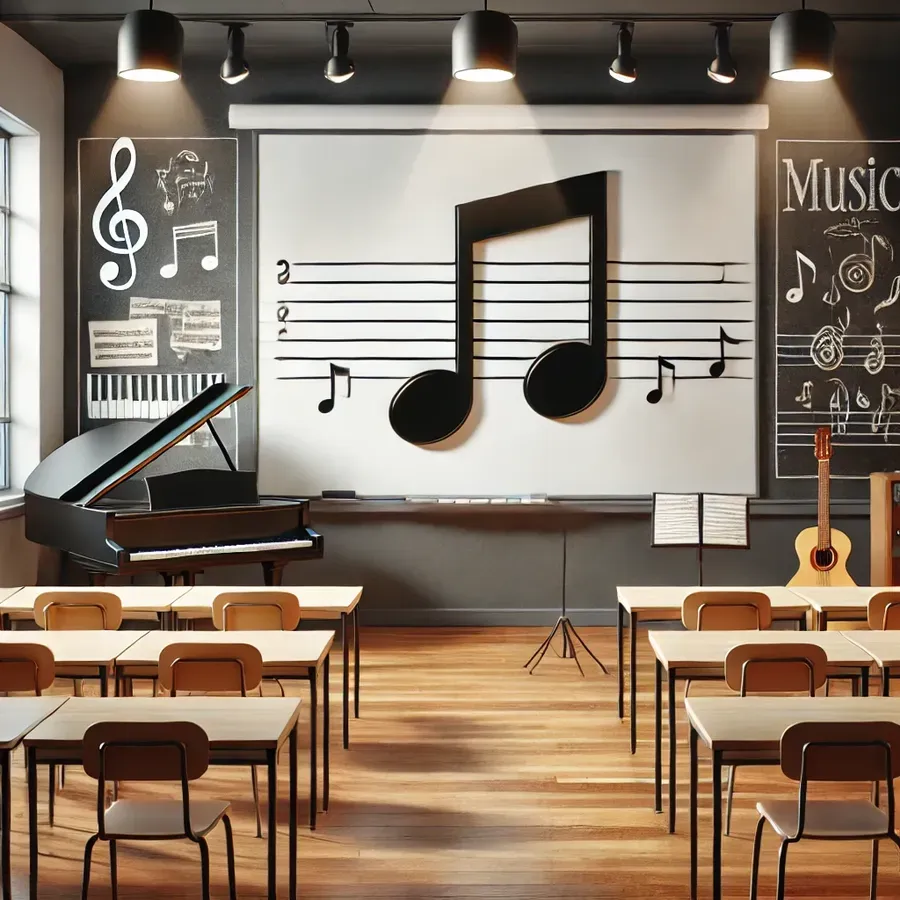
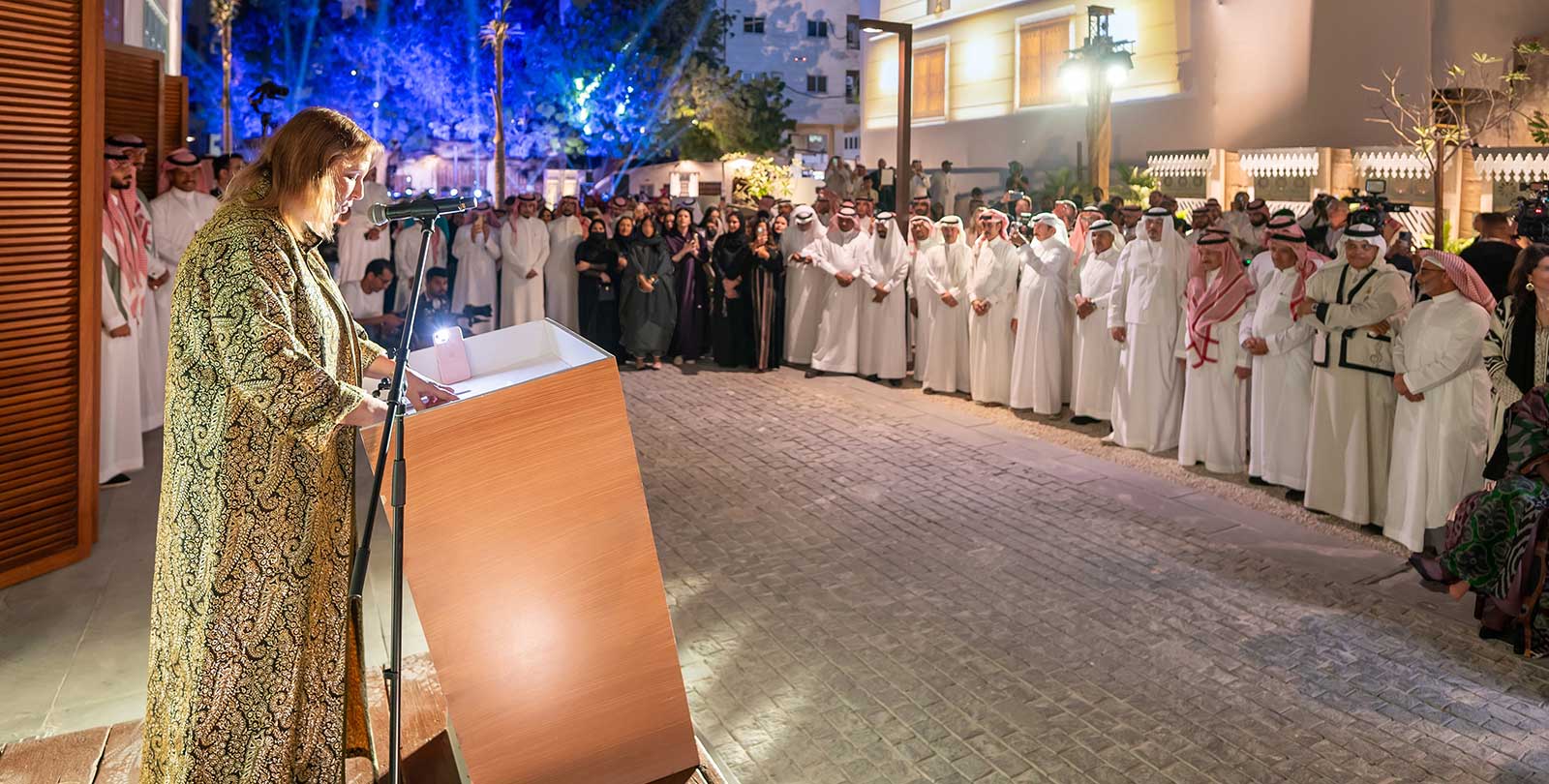
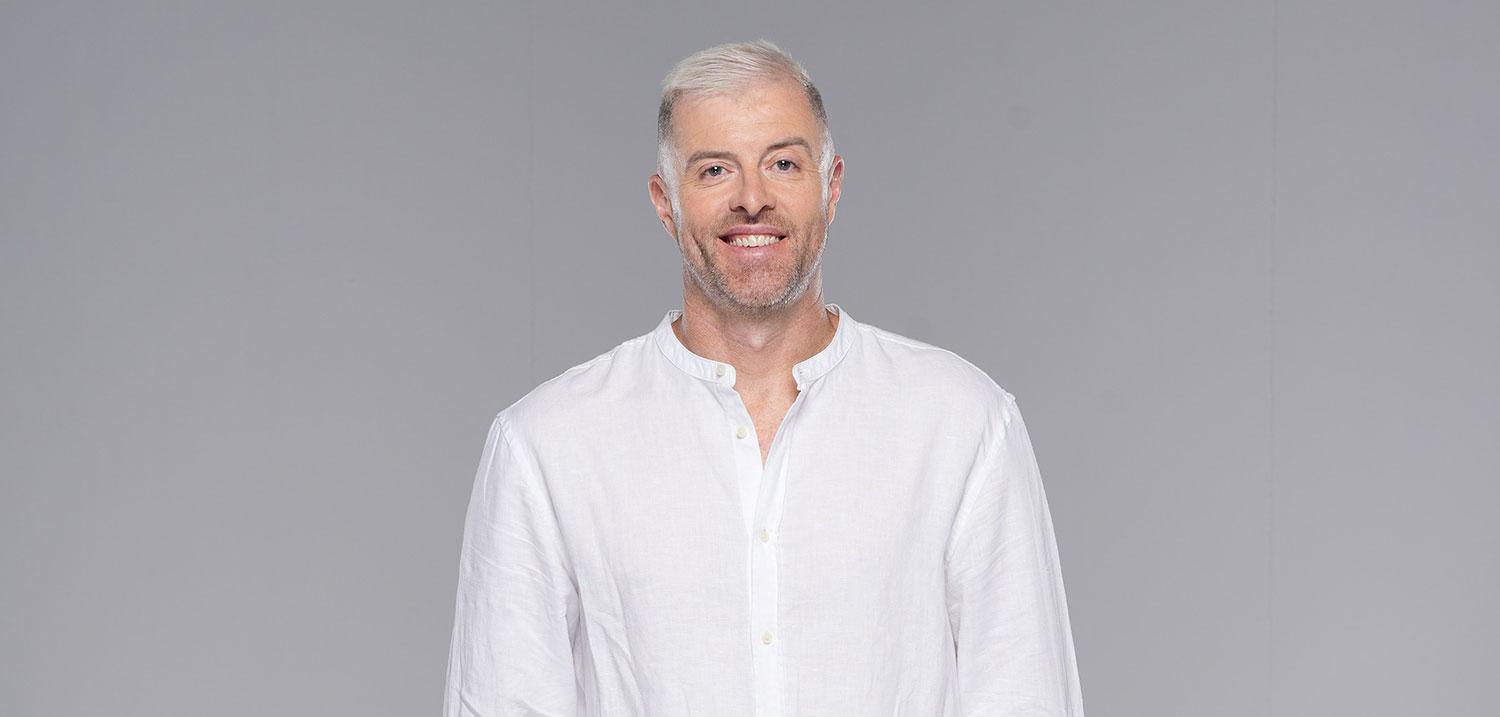
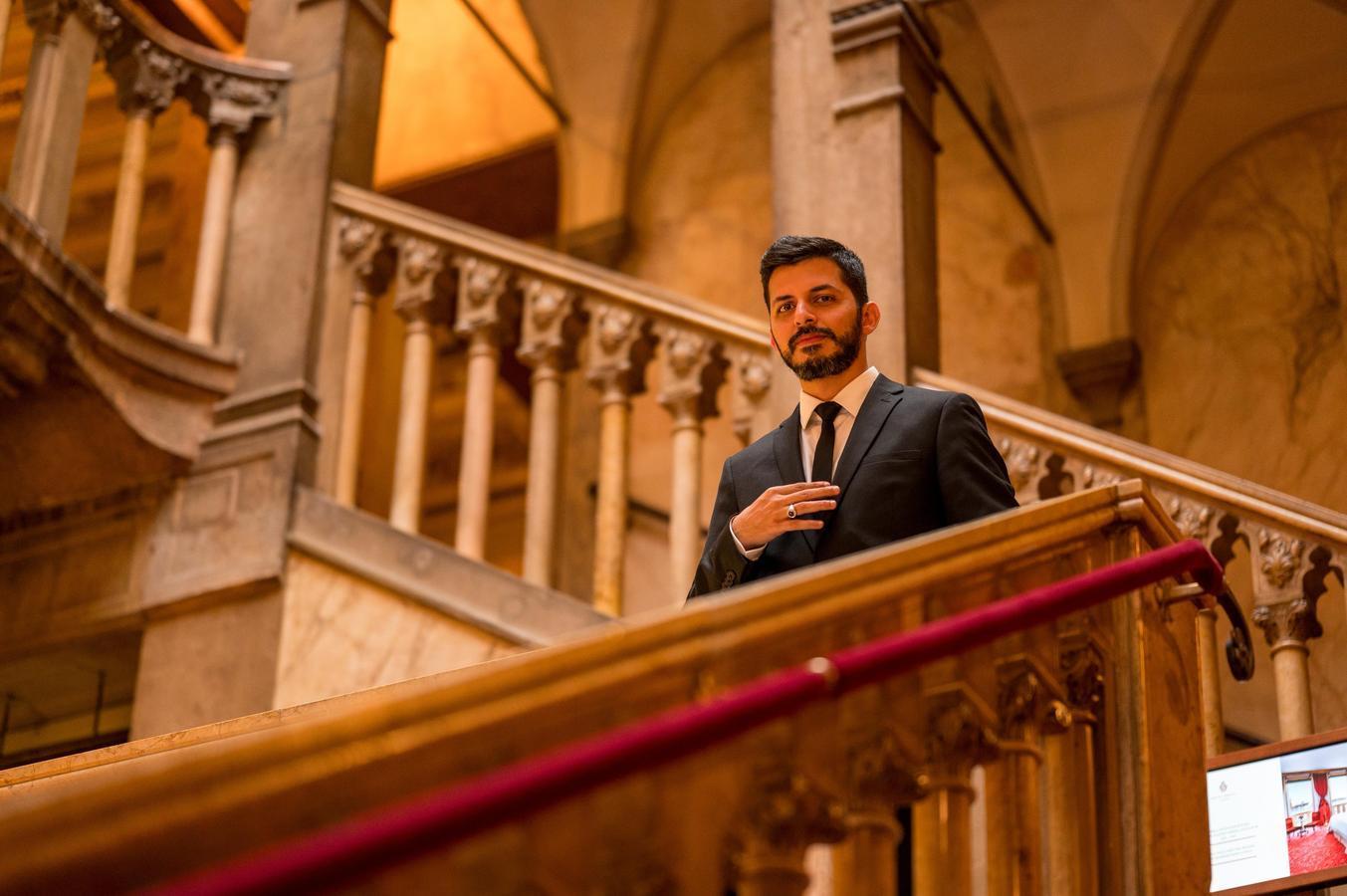
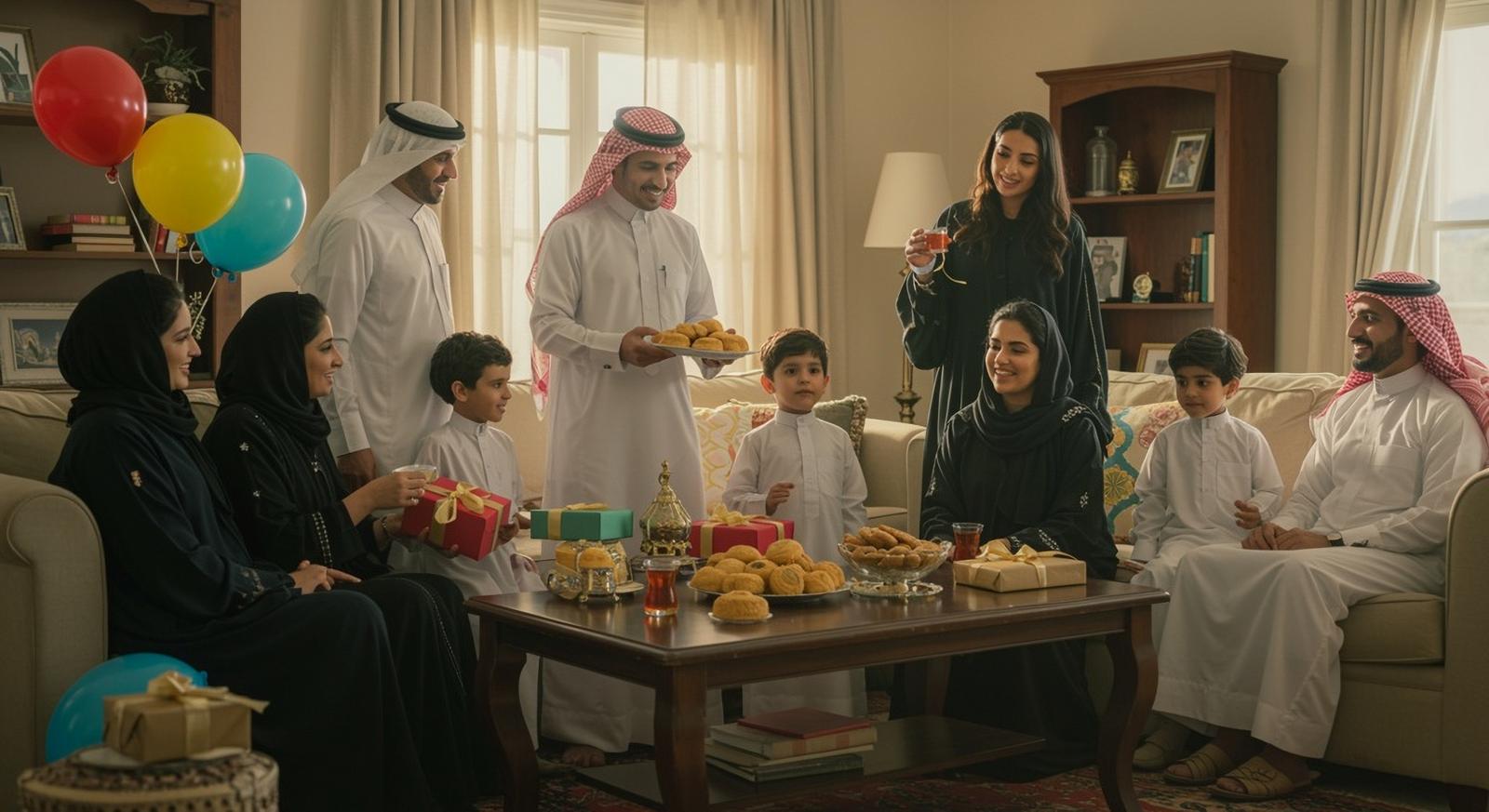
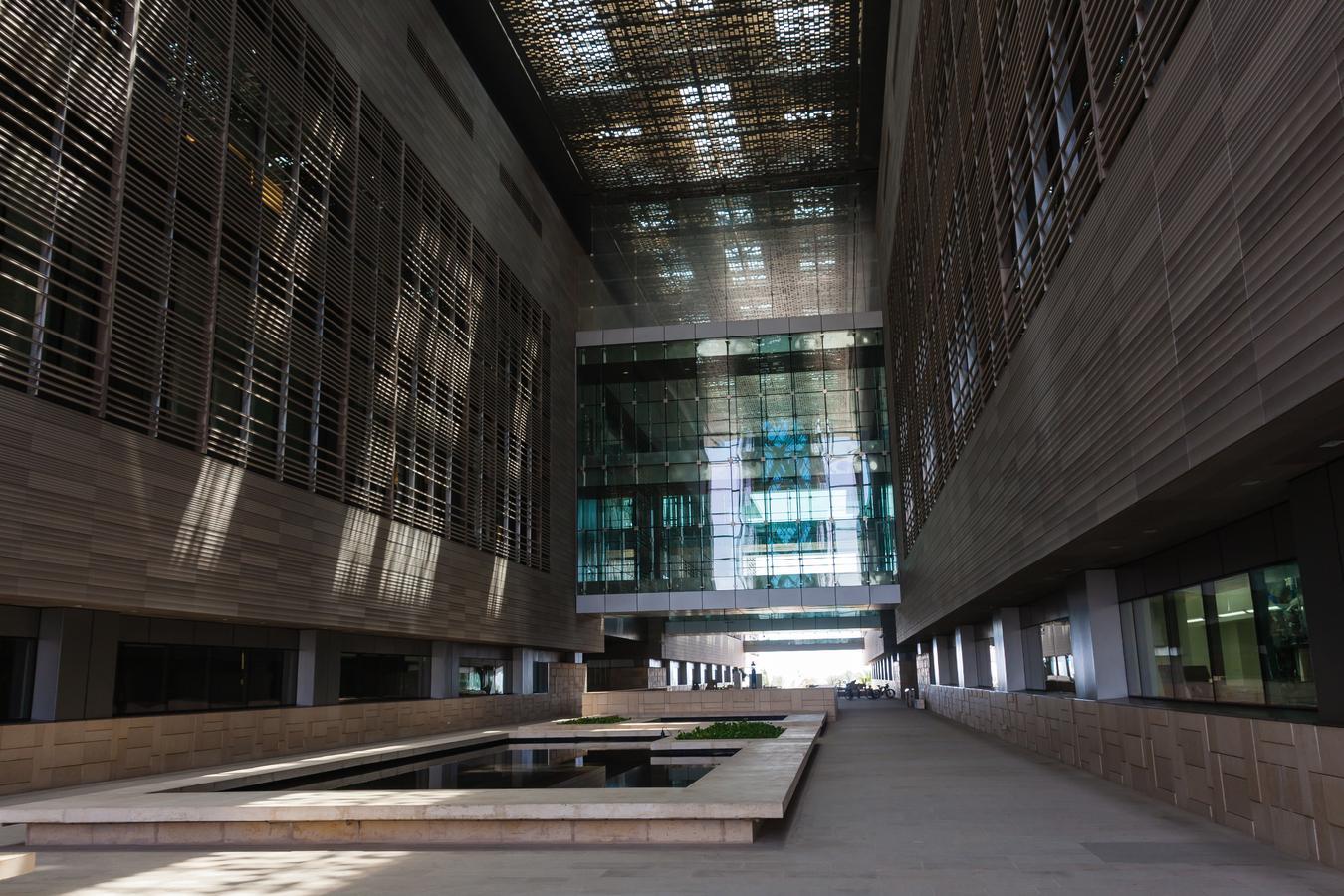
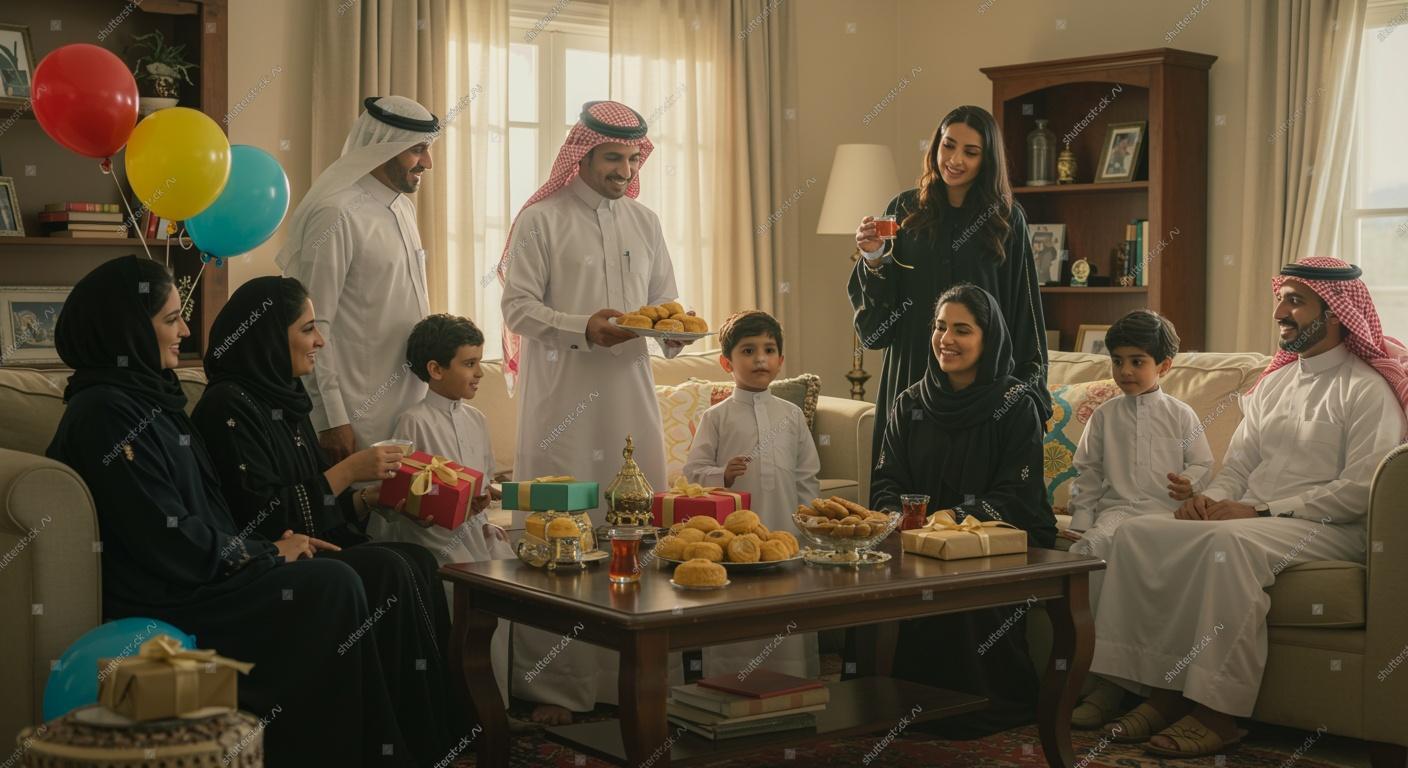
0 Comments
No comments yet. Be the first to comment!